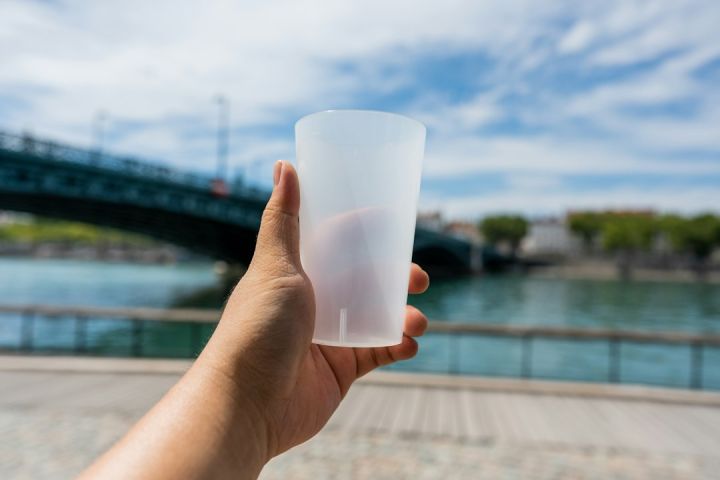What Are the Best Reusable Products to Replace Disposables?
In today’s world, there is an increasing awareness of the need to reduce waste and protect the environment. One way to do this is by replacing disposable products with reusable alternatives. Not only does this help reduce waste, but it also saves money in the long run. In this article, we will explore some of the best reusable products that can replace their disposable counterparts.
Reusable Water Bottles: Stay Hydrated and Reduce Waste
Plastic water bottles are a major source of pollution, with millions of them ending up in landfills and oceans every year. By investing in a reusable water bottle, you can not only stay hydrated throughout the day but also significantly reduce your contribution to plastic waste. There are many options available, from stainless steel bottles to glass ones, each with its own set of benefits.
Reusable Shopping Bags: Ditch the Plastic
Plastic bags are a common sight in grocery stores and markets. However, they are a major environmental hazard, taking hundreds of years to decompose. By switching to reusable shopping bags, you can significantly reduce your plastic waste. These bags are often made from durable materials like canvas or jute and can be reused countless times. They are not only eco-friendly but also much sturdier than their disposable counterparts.
Reusable Straws: Sip Responsibly
Plastic straws have gained significant attention in recent years due to their harmful impact on marine life. Many countries have even banned their use. To enjoy your favorite beverages without contributing to this problem, consider using reusable straws. These can be made from stainless steel, bamboo, or even silicone. They are easy to clean and can be used over and over again, making them a great alternative to disposable straws.
Reusable Food Containers: Pack Your Lunch Sustainably
Disposable food containers, such as plastic or Styrofoam ones, are commonly used for takeout or packed lunches. However, they contribute to plastic waste and are not environmentally friendly. By investing in reusable food containers, you can reduce waste and have a sustainable option for storing and transporting your food. Stainless steel or glass containers are popular choices, as they are durable, leak-proof, and easy to clean.
Reusable Coffee Cups: Sip and Save
Disposable coffee cups are a major source of waste, as they are often lined with plastic and cannot be recycled easily. By using a reusable coffee cup, you can enjoy your favorite hot beverages on the go without contributing to the problem. These cups are often made from materials like stainless steel or ceramic and are designed to keep your drink hot for longer periods. Many coffee shops even offer discounts for customers who bring their own cups.
Reusable Menstrual Products: Sustainable Periods
Disposable menstrual products, such as pads and tampons, generate a significant amount of waste. Fortunately, there are now reusable alternatives available that are not only more eco-friendly but also more cost-effective. Menstrual cups, cloth pads, and period underwear are all options to consider. These products can be washed and reused, reducing waste and saving you money in the long run.
In conclusion, there are many reusable products available that can replace their disposable counterparts. By investing in these alternatives, you can significantly reduce your waste and have a positive impact on the environment. From water bottles to menstrual products, there is a reusable option for almost every disposable item. So, why not make the switch today and start living a more sustainable lifestyle?






